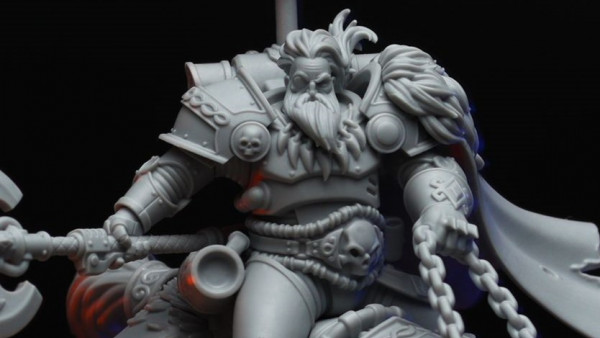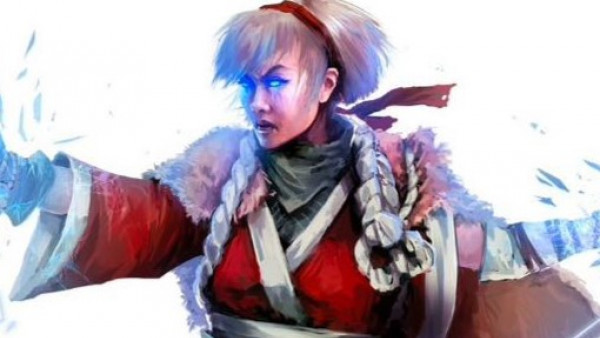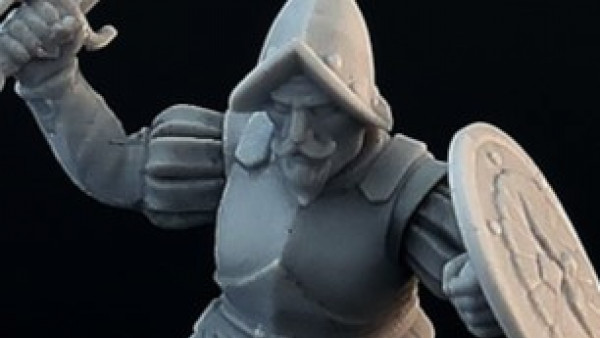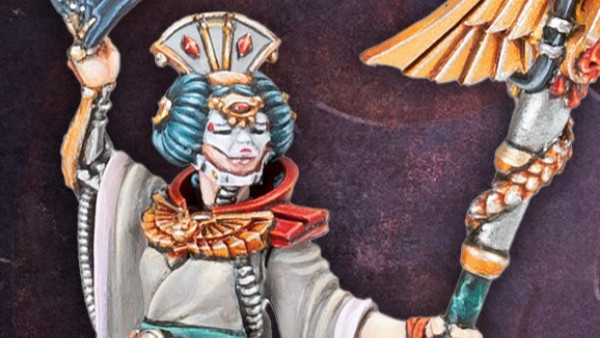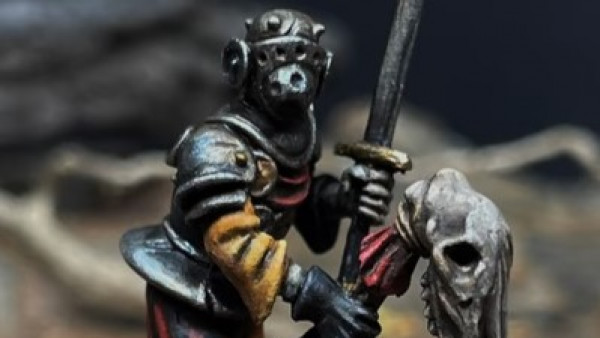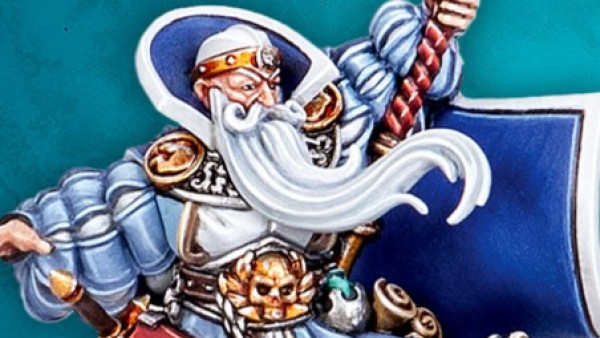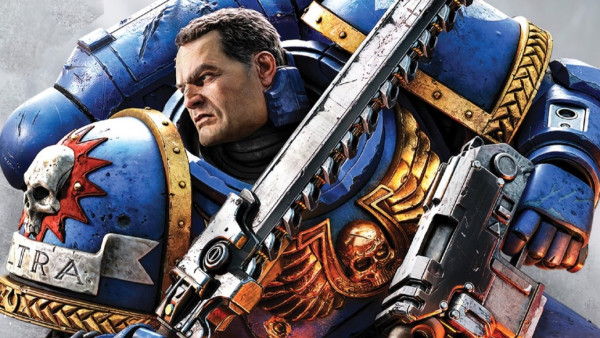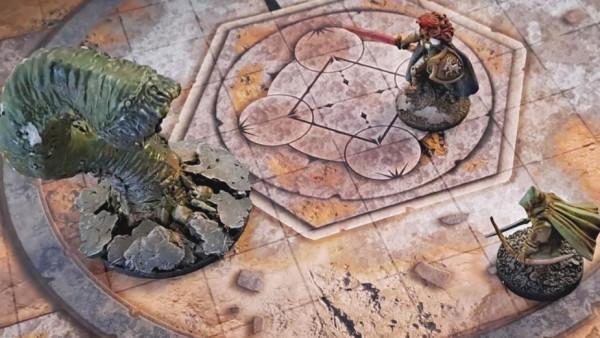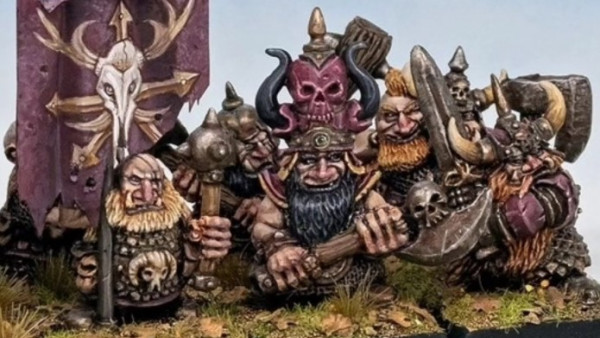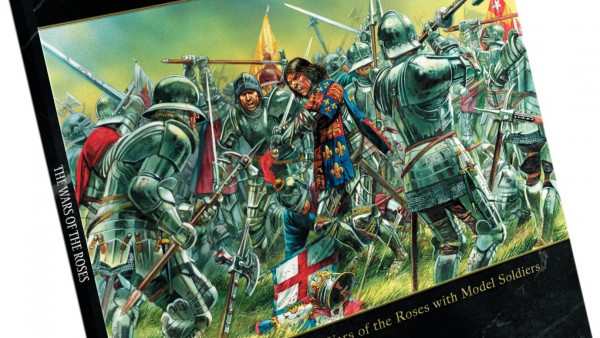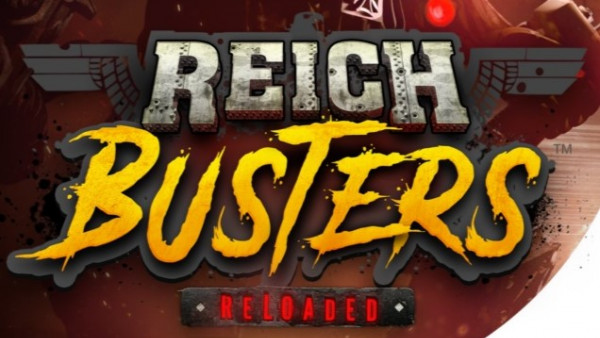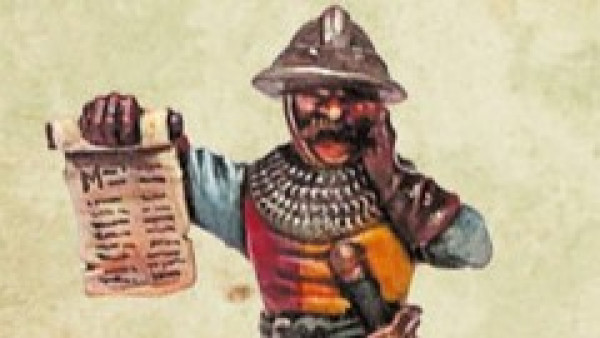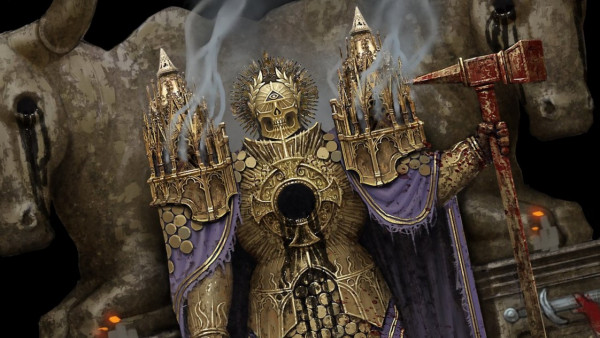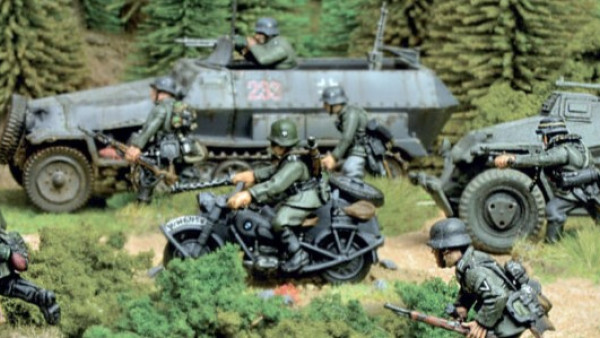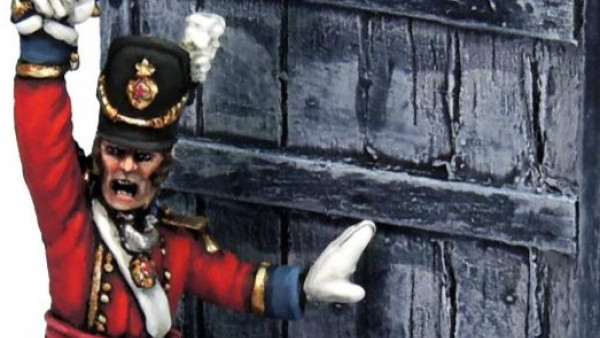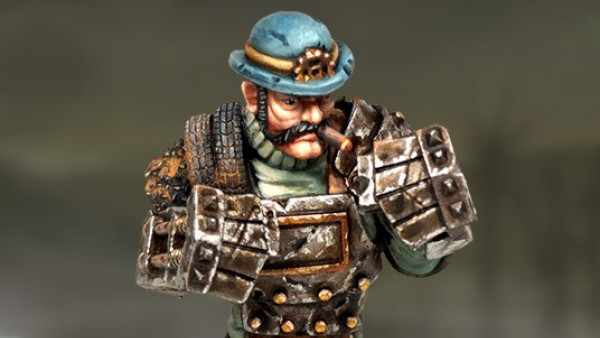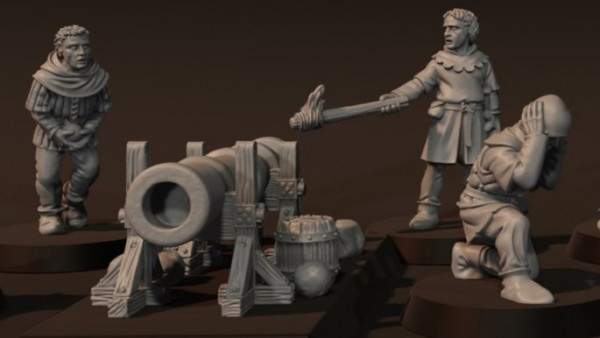Home › Forums › Fantasy Tabletop Game Discussions › The IX Age – Why/Why Not and so on › Reply To: The IX Age – Why/Why Not and so on
@switzhobbies 9TH age failed because it misjudged the timing, the potential for its market and just doesn’t have the charisma needed to become big in a stupendously competitive niche market.
Remember : you are competing for time/resources against instantly accessible entertainment.
And the second reason why 9th age was doomed to fail : it was made out of negative emotions.
Every single time I hear about this game is in the context of ‘WFB was killed by GW’ or ‘I hate Age of Sigmar, because GW killed my favourite franchise’. It never ever is mentioned because it does something unique or good.
btw : games don’t need to be good or perfect to gain traction … quite the opposite in fact.
Every game that tells people it is ‘the best’ system tends to be destined to be a niche product as it stinks of elitism.
// historical games survive without official support …
Sure … but they rarely survive at a scale they become visible to outsiders of the niche they are a part of.
Companies as small as ‘two fat lardies’ survive … but one mistake and they’re gone ( I also doubt they could survive becoming popular … ).
I honestly hadn’t even heard of them until I started digging deeper into historicals. And even then it looked amateur and not worth looking into. GW’s products on the other hand … slick, professional, expensive but worth it.
Historicals have another advantage : people play them because of the fluff.
It is ‘normal’ to use custom rules or modify existing ones, because the need to replicate the exact context of a battle is important (to many).
Switching systems is a non-issue because at best you change the scale and you’re done.
No need to learn ‘new’ things. At best you’re introducing things that the other system didn’t do, but you were aware of their existence.
Rules for fictional settings need to convince people of several things :
- the background is interesting
- the miniatures have personality
- the armies have a personality of their own
- familliar concepts
Oh … and did I mention timing and luck ?
You see this within the video game industry.
Everyone wants to be the ‘next big thing’ in multiplayer, but the vast majority fail to make an impact … unless they are very very lucky. You’ve got companies like EA and Activision wasting millions … only to see the game drop of the radar within weeks of release. And then there are the small indie teams that get incredibly lucky by being in the right time at the right place, which resulted in the likes of Counterstrike, Minecraft and DayZ becoming famous almost over night.
My advice for 9th age is this :
Don’t try to use ‘mass battle’ as the concept to sell the system to people.
Tell them stories that make such a ‘mass battle’ intersting instead.
You can’t sell a system that allows people to fight a big battle between undead and dwarves.
You can sell a system that allows people to refight the battle of the 5 armies from Lord of the Rings …
ie : you need a popular story featuring a huge battle
The bad news is that there are very few popular books that feature such things.
Even in LotR/The Hobbit the big battles are window dressing and not part of the story.































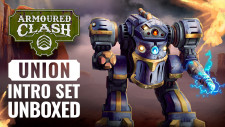

![How To Paint Moonstone’s Nanny | Goblin King Games [7 Days Early Access]](https://images.beastsofwar.com/2024/12/3CU-Gobin-King-Games-Moonstone-Shades-Nanny-coverimage-225-127.jpg)






